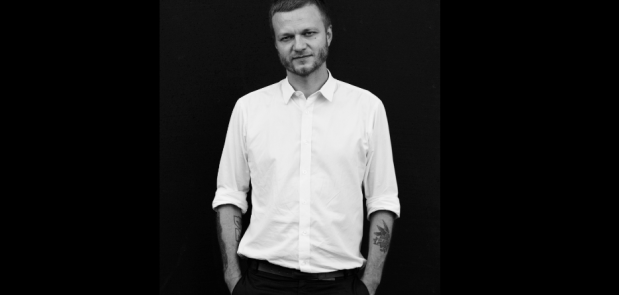 Nikolaj Nielsen er stofnandi og framkvæmdastjóri danska merkisins Won Hundred. Merkið var stofnað árið 2004 og hefur náð ótrúlegum árangri síðan. Won Hundred leggur áherslu á klassískar og formlegar flíkur í skandinavískum stíl með smá áhættuþætti.
Nikolaj Nielsen er stofnandi og framkvæmdastjóri danska merkisins Won Hundred. Merkið var stofnað árið 2004 og hefur náð ótrúlegum árangri síðan. Won Hundred leggur áherslu á klassískar og formlegar flíkur í skandinavískum stíl með smá áhættuþætti.
ENGLISH: Check out the interesting interview I got with Nikolaj Nielsen, founder and CEO of the danish brand Won Hundred. You will find the English version is in the botton of the blog.
Won Hundred Pre Spring 15
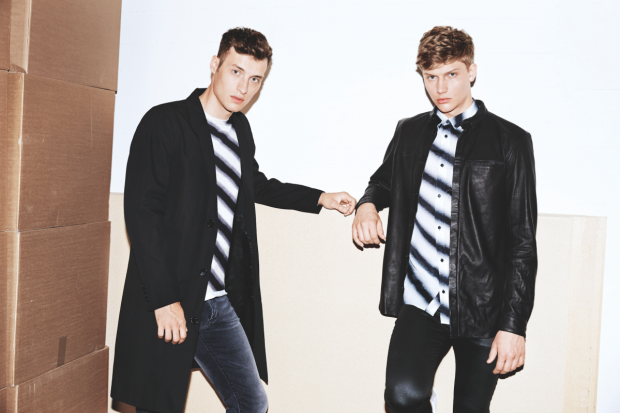
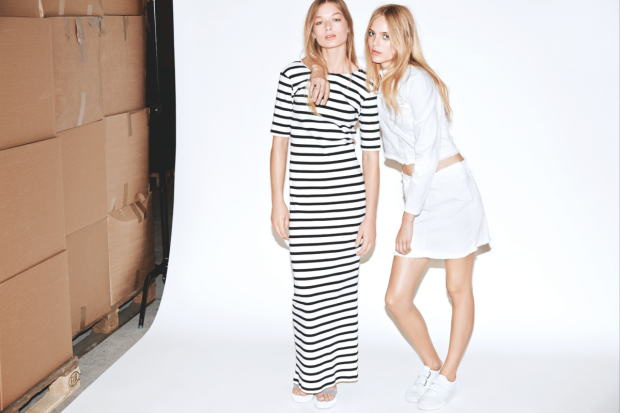
Nikolaj er einn af áhugaverðum erlendum gestum á RFF hátíðina í ár og fékk ég að leggja fyrir hann nokkrar vel valdar spurningar. Viðtalið er á ensku svo að ég skrifaði smá samantekt úr áhugaverðum svörum hans:
Nikolaj hlakkar mikið til Íslands heimsóknar sinnar og heillast af vinalegu fólki landsins og einstakri náttúru. Hann er spenntur fyrir RFF hátíðinni og vonar að íslenskar rætur hönnuða skíni í gegn og hátíðin gefi því aðra upplifun en tískuvikur erlendis.
Hann segir íslenskan tískuiðnað vera á uppleið á alþjóðlegum markaði og er hrifin af því hvernig eintaklingar þora að tjá sinn persónulega stíl hér á landi. Þá segist hann heillast af verslunum landsins sem selji frábæra hönnun.
Nikolaj kom með áhugaverð ráð fyrir unga íslenska hönnuði. Hann sagði það nauðsynlegt að horfa útfyrir landsteinana þar sem markaðurinn væri einfaldlega of lítill á Íslandi. Þó sagði hann að merkin ættu að halda fast í íslenskan uppruna sinn, hann væri þeirra styrkleiki og gerðu þau áhugaverða fyrir “nýjungafíknina” í tískuheiminum.
Að lokum var hann spurður af hverju íslensk merki hefðu ekki náð að festa sig í sessi á alþjóðlegum mörkuðum eins og merki frá t.d. frændum okkur í Danmörku og Svíþjóð. Hann svaraði á þá leið að mínímalísk hönnun væri orðin einkennishönnun þessara landa og hjálpuðu þeim að ná langt í alþjóðlegu samhengi. Hann hafði trú á Íslandi, en til þess þyrfti hnitmiðaða herferð og fyrst of fremst hungur í nýsköpun.
Ég hvet ykkur til að lesa viðtalið í heild á ensku hér:
How do you like Iceland?
Honestly, it is approximately ten years ago the last time I have visited Iceland. Therefore I am very much looking forward to go back again. The nature is remarkably beautiful and people there are in general very accommodating, nice, and friendly. Iceland is an exiting destination and I would definitely recommend it to friends and family.
What are your expectations for Reykjavik Fashion Festival 2015?
I expect Reykjavik Fashion Festival to have a hint of Scandinavian design but enhanced with unique Icelandic elements. I am optimistic about the event and hope to see the designers express their roots in a modern take. I think that it will be a different experience compared to fashion week in Scandinavia, Paris or London, but that makes it a lot more exciting.
What is your opinion on the Icelandic Fashion industry?
I am not highly familiar about the Icelandic Fashion Industry but for what I know it could be very upcoming from an international perspective. I have noticed that the fashion scene is quite strong and people tend to empower their personal style, which makes them very fashionable. Furthermore, I have observed that the retail stores are quite interesting and they represent great design.
Do you have some good advise for young and promising Icelandic designers?
The best way to get known internationally for your design is to particularly move to another fashion metropolis and get established there. As Iceland is quite small in population it is vital to go beyond the country’s boarders. However, the designers should still uphold their Icelandic characteristics and use these as tactical strengths. Empowering your roots in the design processes increases the interest in the brand in foreign markets that tend to crave newness.
Why do you think that Iceland doesn’t have any established brands in the fashion world – like for example our friends in Denmark and Sweden?
In general all brands tend to become biggest in their home market. As Iceland is relatively small in size and population it becomes harder to be established outside the borders. Denmark and Sweden are very close to each other and the minimalistic design characteristics of the two countries reinforce the brands establishment processes. With this stated I still believe that brands in Iceland have the possibility and resources to get established in the international fashion scene. It will require a focused expansion strategy and most of all strong passion for innovative design.
Tískukveðjur,
Elísabet Gunnars

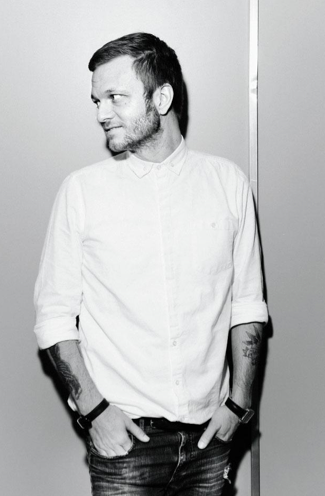
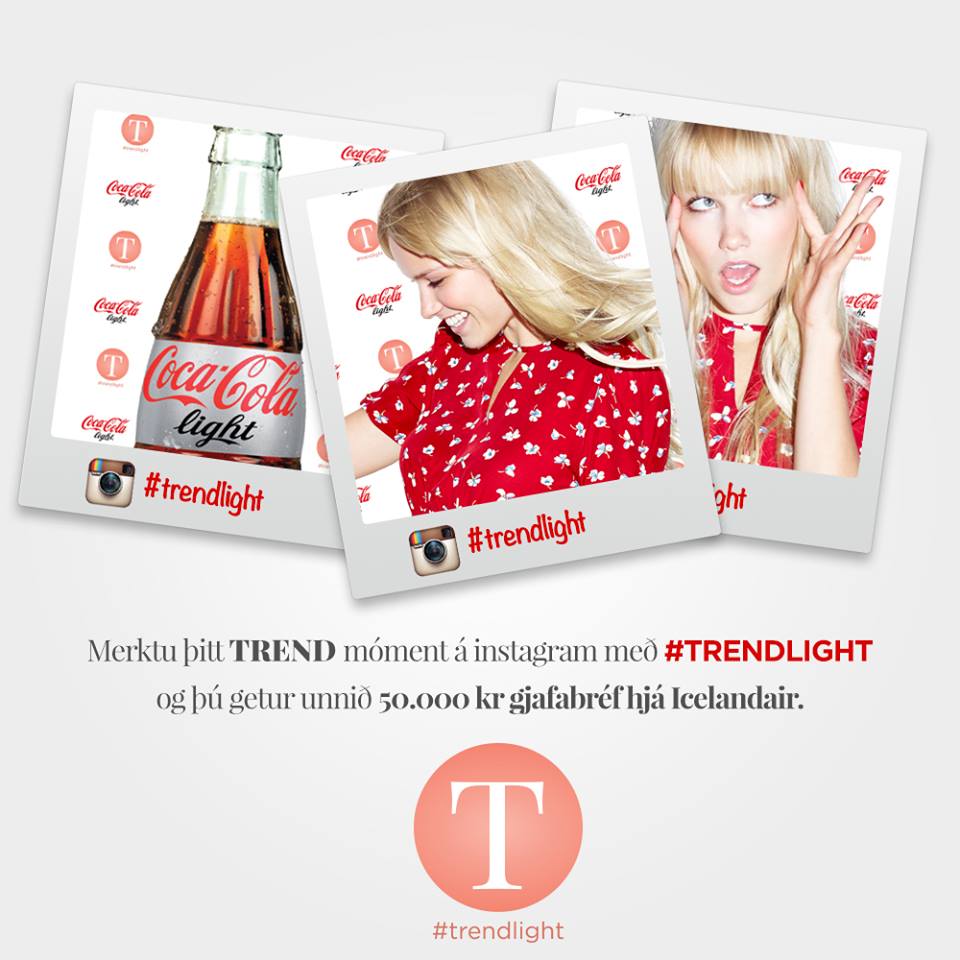
Skrifa Innlegg